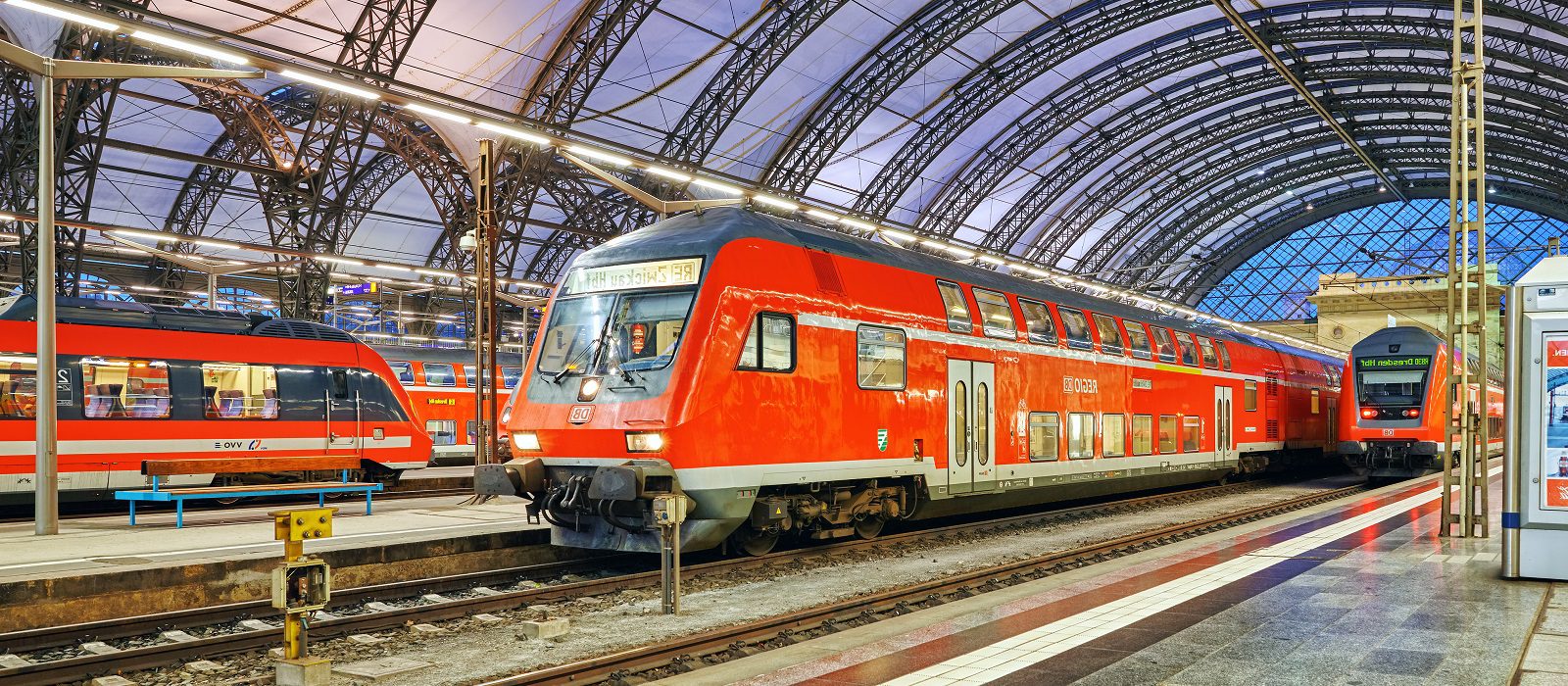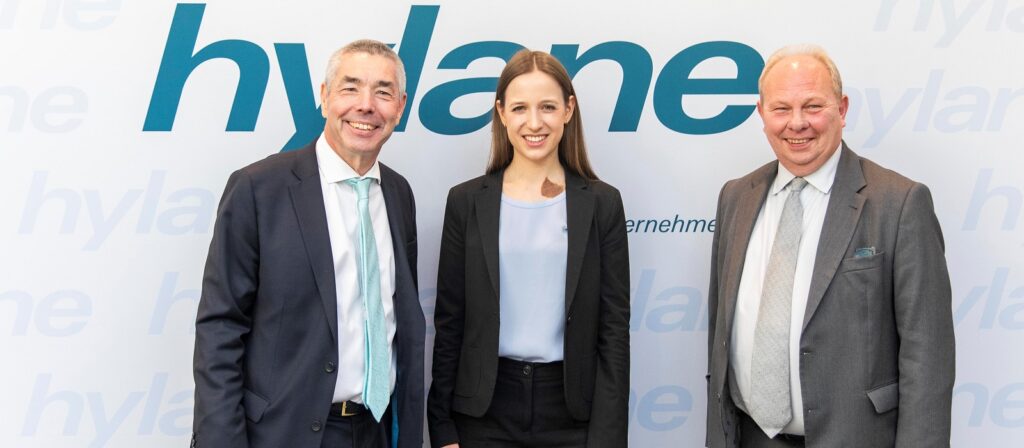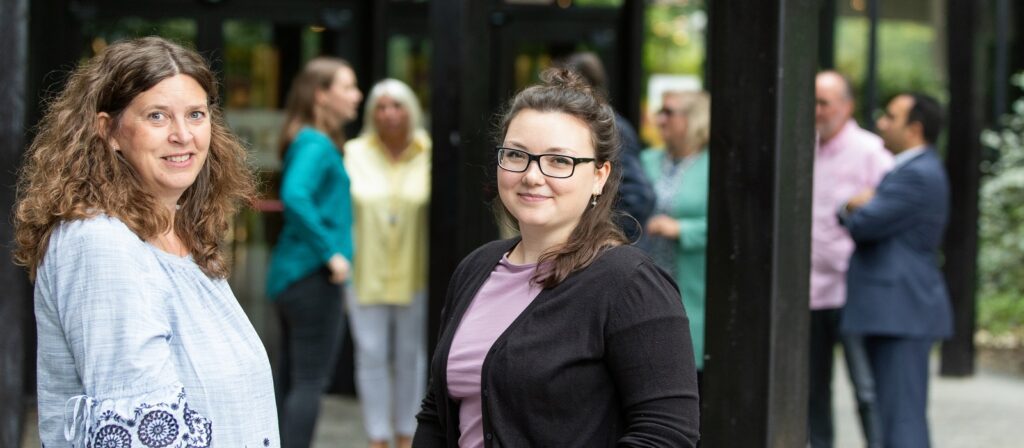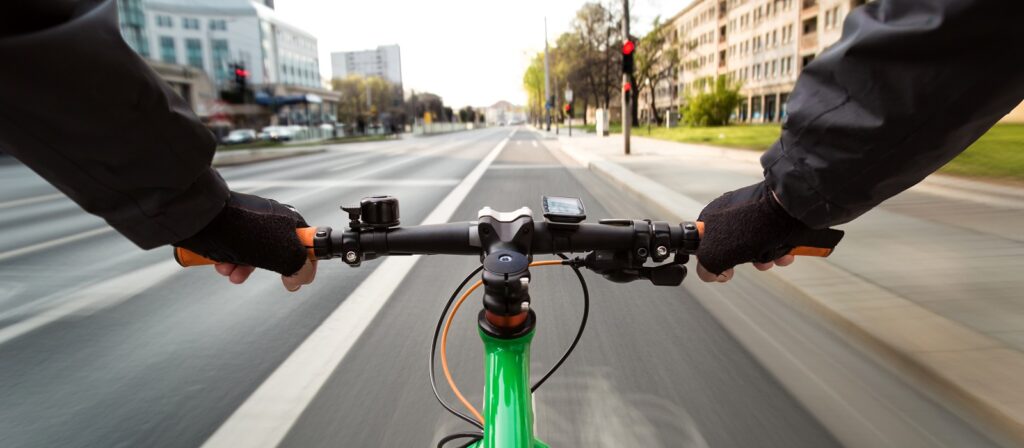According to German ICMIF member DEVK, everyone in Germany is talking about mobility these days – especially because of the 9-Euro-Ticket which was recently introduced in the country, and which allows purchasers of the ticket to travel throughout Germany on local/regional trains for a whole month across the months of June, July or August. The monthly ticket was introduced by the German government to help offset soaring inflation and, thanks to its success, talks have been announced for a follow-up scheme.
DEVK says it believes that the success of the ticket has shown that people in Germany want to use a mix of different means of transport. DEVK supports flexible public transport use with a “rail bonus” for motor insurance policyholders. Those who regularly use public transport can therefore save on their car insurance.
According to the Association of German Transport Companies (VDV), the 9-Euro-Ticket is a complete success, with about half of all German citizens currently owning such a ticket. Consumers use the inexpensive and environmentally friendly alternative especially for shorter journeys and in many cases leave their cars at home. Twenty percent of those surveyed by the VDV said that they had hardly ever used public transport before. At the same time, however, a total of around 206,000 passenger cars were registered in July. Admittedly, says DEVK, this is fewer vehicles than in the comparable months of previous years. Nevertheless, it shows that people in Germany do not want to, or even cannot, do without their cars.
Not “or”, but “and”
Especially for those living in the countryside, it is clear to DEVK that there are advantages to using various different means of transport. But integrated mobility also makes sense in extended urban areas. For DEVK it is clear: car, bicycle and public transport are not mutually exclusive, but must go hand in hand. Given its origins, DEVK wants to bring road and rail together: the mutual was founded by railwaymen for railwaymen and it is still closely associated with the transport industry, it is also Germany’s fifth-largest car insurer.
Promoting climate-friendly mobility
“Climate-friendly mobility is close to our hearts,” says Gottfried Rüßmann, CEO of DEVK. “In 2008, we created a networking opportunity with the Forum for Transport and Logistics and we have supported transport companies, for example, in the introduction of electric buses.” Above all, climate protection can benefit from expanding the infrastructure and attracting people to the buses, trains and trams by offering attractive connections with initiatives like the 9-Euro-Ticket. “Especially now, when inflation and prices are rising at all corners, people are looking where they can save,” says Rüßmann.
For its policyholders, DEVK already offers various incentives to use the variety of forms of modern mobility. Those who insure an electric car with the company receive an eco-discount of 15 percent on the motor vehicle liability premium. Motor vehicle policyholders who have an annual bus and rail pass, a JobTicket or a BahnCard also receive a discount of up to seven percent. This, says DEVK, makes the mutual insurer unique on the market so far.
Insured persons in Germany have trusted placing their everyday risks in the hands of DEVK Versicherungen for more than 135 years. Founded by railway workers for railway workers, DEVK today takes care of around 4.2 million customers nationwide with more than 15.4 million risks in all insurance lines. A total of around 7,500 employees help member policyholders quickly and efficiently. In addition, the Sparda banks have been a reliable partner for many years. In terms of the number of contracts, DEVK is Germany’s fourth-largest household insurer, fifth-largest car insurer and seventh-largest liability insurer.






